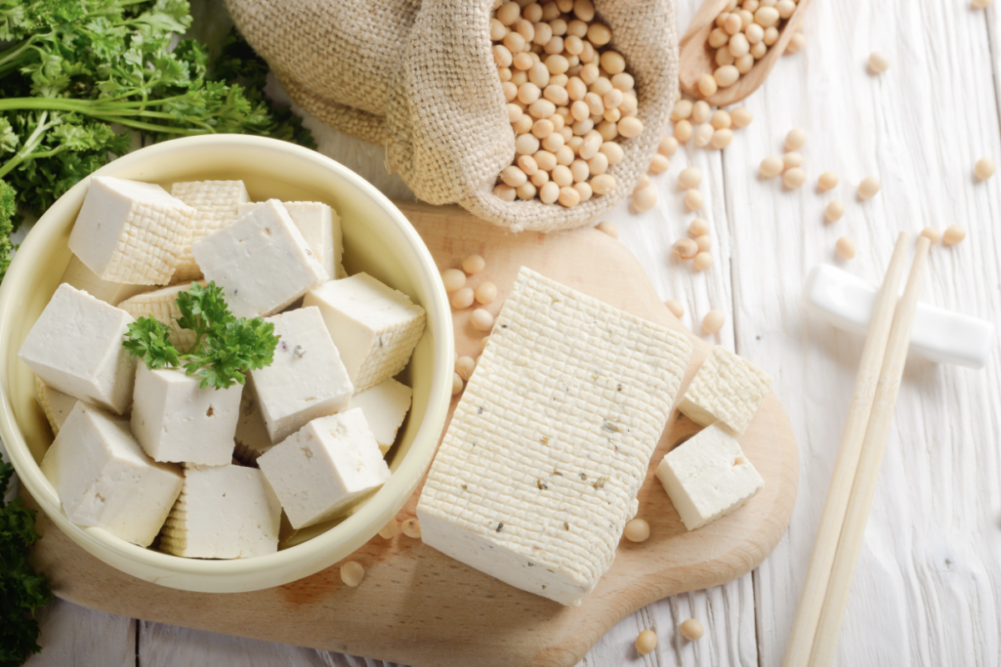KANSAS CITY — Rapidly growing with a promising future, the cheese alternative category also faces its share of hurdles. US retail sales of plant-based cheese alternatives grew more than 18% in 2019 to reach $189 million, which compared with growth of 1.4% for dairy cheese, according to the Plant Based Foods Association, San Francisco.
Yet successful cheese alternative product launches will require thoughtful plant protein selection along with multiple hours of research and development.
“Vegan cheese is one of the most challenging application spaces in the plant-based world,” said Christine Addington, senior dairy technical service specialist for Cargill, Minneapolis. “Dairy proteins have so much functionality in cheese, contributing to stretch, mouthfeel, texture, aging and flavor. Replicating these characteristics in a plant-based cheese is extremely difficult.”
Still, a number of food manufacturers have entered the cheese alternative category, launching vegan shredded, sliced and block cheese, she said.
“Some are getting really close to duplicating traditional dairy cheese characteristics,” Ms. Addington said. “With the help of hydrocolloids, starches and fibers, we as an industry are making improvements every day in this growing category.”
Cargill has found success working with pea, soy and mung bean proteins in plant-based cheese alternatives, she said.
“Flavor and color are important considerations when selecting plant proteins for plant-based cheese applications,” Ms. Addington said. “Options with mild flavors and white color make it easier to mimic traditional dairy cheeses. We’ve found Puris pea protein works quite well in this application because it has a milky flavor that contributes to a nice overall taste, along with other properties that provide texture benefits. Mung bean protein’s white color is its big advantage. It’s similar to traditional dairy cheese.”
Cargill in 2018 entered a joint venture with Minneapolis-based Puris, which produces Puris pea protein from US yellow pea seed varieties specially selected to minimize off-flavors.
ADM, Chicago, recommends using soy protein isolates and pea protein in cheese alternatives since they are clean-tasting and neutral in color, said Katie Kolpin-Gustafson, principal scientist, creation, design and improvement.
“Formulating plant-based cheese is not necessarily any more difficult than other plant-based dairy alternatives,” she said. “However, there is difficulty in incorporating higher levels of plant proteins in vegan cheese applications. To make cheese, formulators often use rennet to coagulate casein and form a curd, and plant proteins have not evolved to function in the same way.”
When incorporating plant proteins such as soy or pea, formulators must understand the solubility of the plant protein.
“Higher solubility allows these ingredients to be incorporated more easily into formulations to ensure the proper texture is maintained,” Ms. Kolpin-Gustafson said. “Within the cheese category, product developers must consider the type of cheese they plan to make as well.
“Soft and hard plant-based cheese varieties each require a unique formulation approach. The main differences between these formulations lie within the functional starch component, each of which can create different textures and cooking or eating experiences. Formulators have a library of starches to choose from, including tapioca, corn and potato, and there are a multitude of blends and modifications for each one.”
Taste and texture are perhaps the biggest challenges in formulating plant-based cheese alternatives, Ms. Kolpin-Gustafson said.
“It can be difficult to mimic the delicate flavor nuances that live cultures add to cheese,” Ms. Kolpin-Gustafson said. “Dairy-based cheese continues to age over time due to the microbiological cultures slowly breaking down the proteins and fats within the cheese. The effect of this process is the different characteristic aromas and flavors we’ve come to expect in cheese.
“We can ensure a developer’s plant-based cheese tastes distinctly like traditional dairy-based offerings through the incorporation of flavor maskers to improve the flavor of the vegan cheese base itself, as well as the use of flavors from our vegan cheese and dairy flavor portfolios.”

